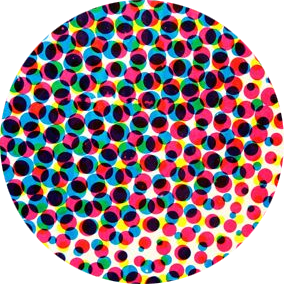New Teen Titans as Found Family

A key aspect to the success of the Teen Titans formula within the ongoing DC mythos is that their ability to function as a team is predicated on their ability to serve as a found family. 1/11 #TeenTitans




Even though they’re kid sidekicks, the Teen Titans’ early adventures occur in a liminal space where they exist as individuals separate from their mentors. The Titans bond over their independence and became more closer than their JLA counterparts ever were. 5/11

Many Modern Age stories highlight the mistrust between Batman and the JLA. For Dick Grayson and the Titans this is non-existent. By 1969, the Titans casually hang out in their secret identities. This familiarity would not be commonplace for their mentors for decades. 6/11

The Teen Titans’ bonding required a lack of adult oversight. In vol. 1 #25, the watchful (and controlling) Loren Jupiter was added to serve as a Prof. X-like mentor. He was written out within 15 issues. The Titans need no such authority. They were self-governing. 7/11

This found family dynamic would pervade each rebooted version of the Teen Titans. Additions of Mal Duncan, Lilith, Bumblebee, Raven, Starfire, Changeling, Cyborg, Terra, Jericho, and Danny Chase were possible because each was a youth searching for acceptance and belonging. 8/11

Other characters recognize the familial bond of trust as a strength of the Titans unit. In The Titans #2, Superman & the newest Titans encounter an attack by villain H.I.V.E. While out of earshot of the rest of the team, Nightwing asks Superman to abandon them. 9/11

Dick makes this request because he knows the new team can’t survive unless they learn to trust each other. Equally importantly, he knows he’s earned Superman’s respect over the years and Clark will comply. Which he does. 10/11

The bond between the core Titans is presented as transcending the reality warping events of the New52 reboot. The Titans Hunt mini-series is used as the anchor to restore aspects of pre-New52 continuity. Their familial love appears to be both diegetic and extradiegetic. 11/11
